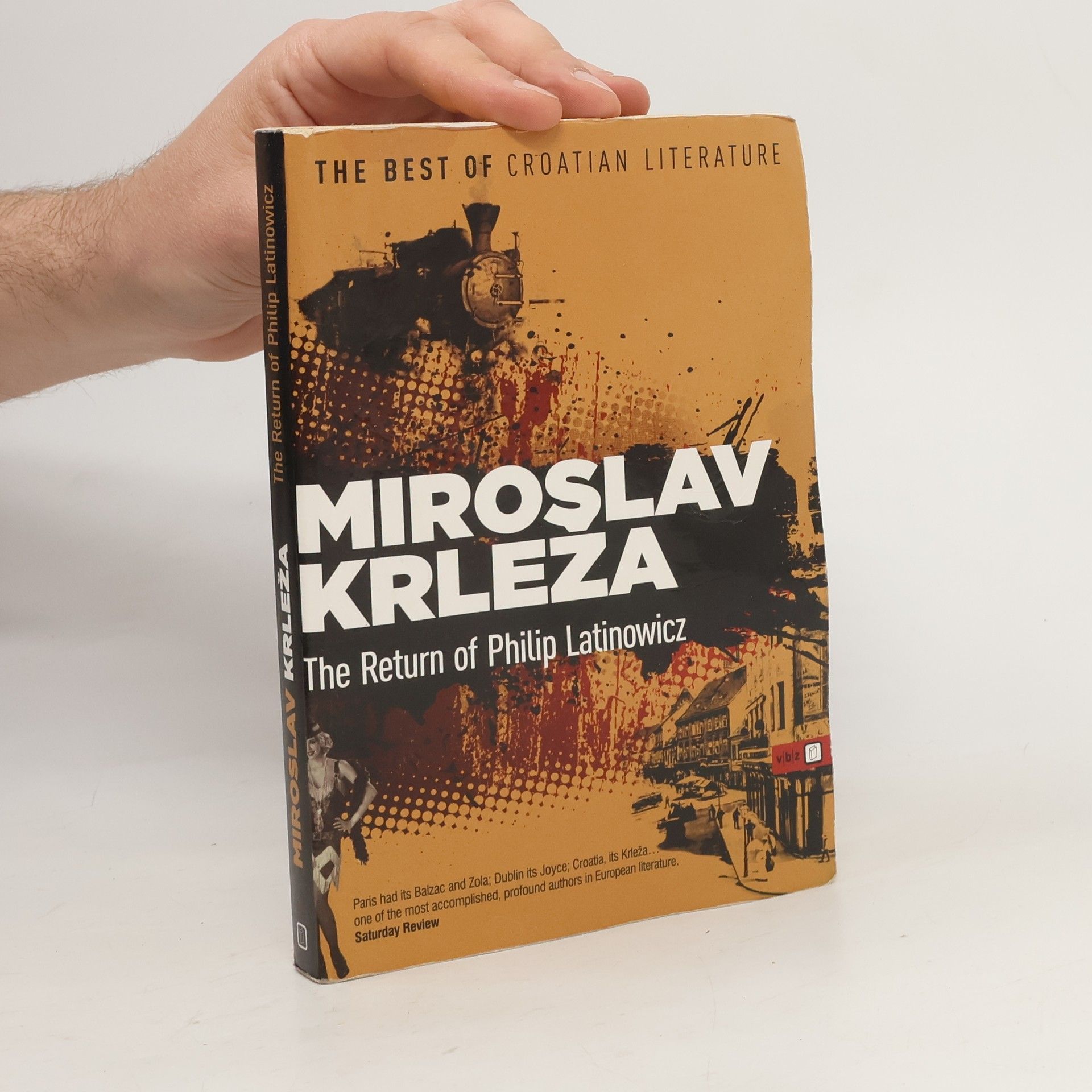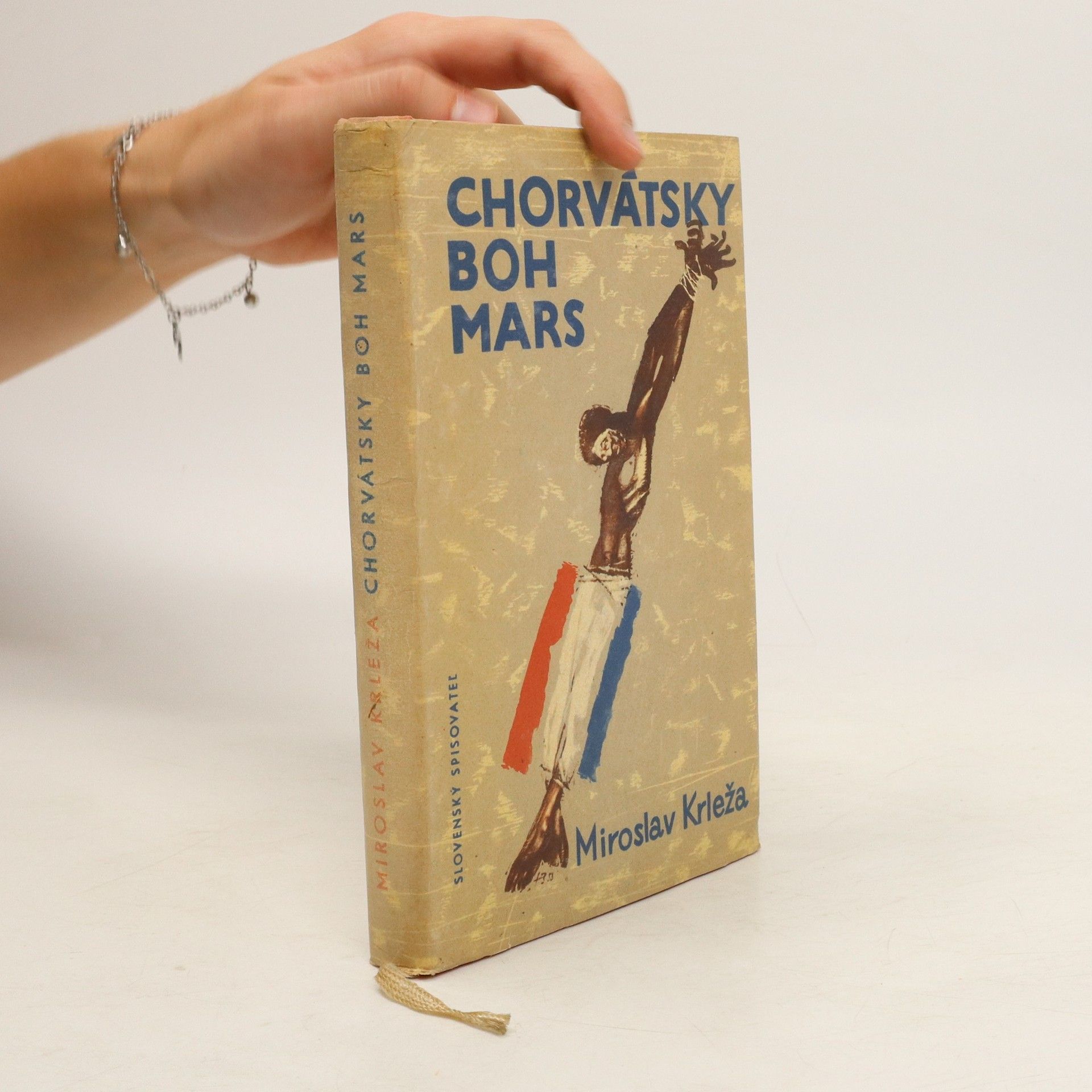Na rubu pameti
- 286pages
- 11 heures de lecture
Until the age of fifty-two, the protagonist of On the Edge of Reason suffered a monotonous existence as a highly respected lawyer. He owned a carriage and wore a top hat. He lived the life of "an orderly good-for-nothing among a whole crowd of neat, gray good-for-nothings." But, one evening, surrounded by ladies and gentlemen at a party, he hears the Director-General tell a lively anecdote of how he shot four men like dogs for trespassing on his property. In response, our hero blurts out an honest thought. From this moment, all hell breaks loose. Written in 1938, On the Edge of Reason reveals the fundamental chasm between conformity and individuality. As folly piles upon folly, hypocrisy upon hypocrisy, reason itself begins to give way, and the edge between reality and unreality disappears.










